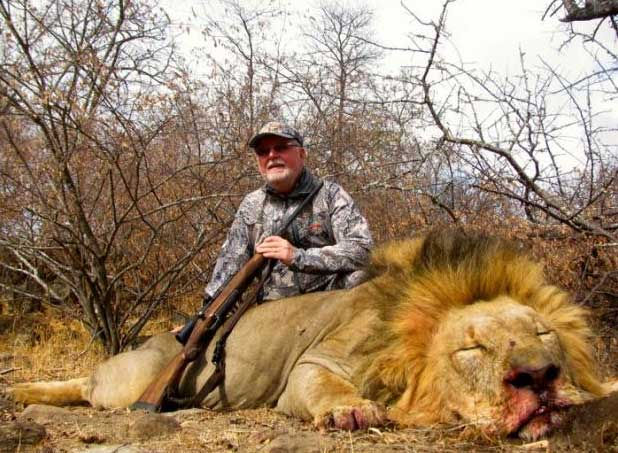Game Hunting and Conservation
- Jul 12, 2015
- 3 min read
The ongoing debate around big game hunting will probably never be settled, with one school becoming hysterical about the subject and the other claiming it a conservation process. But what is the real story?
hunting has been around since the man first apeared. Game was a source of food, clothing and implements, and early man hunted in a sustainable manner, only 'harvesting' what he needed to survive. Fast-forward to the advent of guns, and suddenly it became easier to cull on a scale never before seen in an effort to meet growing demand for meat, skins and pelts and even medicinal purposes. This wholesale slaughter took on a new dimension when in the 1800's, the American settlers eradicated the Buffalo, and when early explorers in Africa shot anything that moved.
Today, with growing awareness of conservation and species extinction, hunting has become far more of a sport of opportunity. There are over 12 000 game farns in South Africa - covering an areas of approximately 20 million hectares of land, and game farmers pay and earn millions of Rands every year stocking and allowing hunters to reduce their stock. With only 10 000 game farms allowing hunting, The industry contributes around 7.7 billion Rands to the fiscus every year and the 15 000 forign trophy hunters contribute as much as 2.1 billion of this.
It is without doubt one of the contributors to the protection and survival of a number of species over the past 100 years. Government owned game reserves cannot conserve all the wildlife in South Africa effectively and they have come to rely heavily on game and hunting farmers to assist them in this regard.
Modern hunting - under copntrolled conditions, plays an important role in thinning of herds and managing the number of animals on limited areas of land. The money raised through hunting has been used for research into species and to the protection of highly endangered species themselves. The Black Rhino was on the verge of extinction some years back, but through the income generated from hunting on those pieces of land where they shared with other species, game farners were able to buy these animals time and slowly rebuild the stock of rhino.
The same can be said for many other species including the Sable and Roan antelope.
Another important role played by hunters is in targeting and removing the older game, allowing younger animals to take their place and to continue the breeding cycle. Without this 'thinning' of herds, species can die-out through a lack of breeding potential.
Hunting provides the needed funding to assist with effective wildlife conservation as in many cases is an extremely costly exercise. Hunting also provides employment to the many unemployed in Africa and is a main source to look at for future food security as arable land use for agriculture is under pressure due to population growth. Game meat is a serious food source to consider for our future generations.
But, the question is what, where and how hunters should operate remains a thorny question. Is it right that species considered vulnerable should be hunted (Lion, Rhino; etc) or should big game hunters be restricted to only hunting certain species? Whatever the case, hunting does play an important role in conservation - however distasteful it may seem.






































Comments